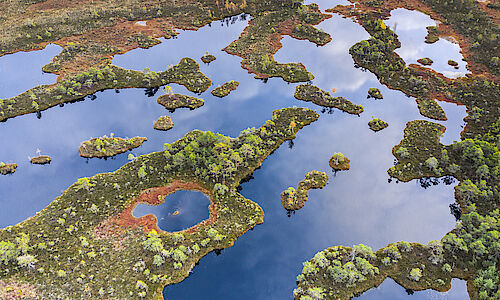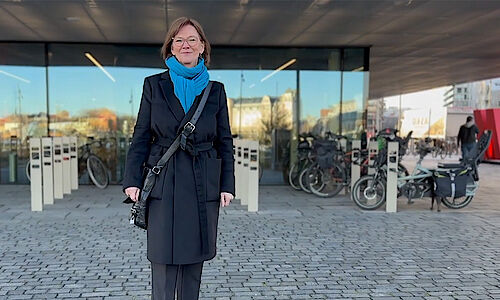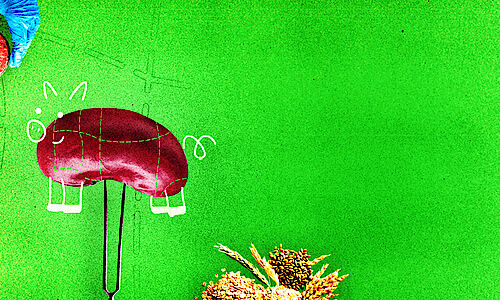News & Academies' activities
Science-based advice for policy-making and society: The contribution of the EU's National Science Academies
The first in an intended series of EASAC regional Science into Policy events took place on 20 March 2014 at the Hungarian Academy of Sciences in Budapest.
The meeting showcased the substantial contribution made by the EU's National Science Academies in providing independent expert advice on a number of policy issues which are of relevance to the EU and its member states. Presentations showed how science-based advise can be integrated into general policy-making across a broad range of critical issues affecting both individual member states and the EU as a whole.
The event brought together scientists from Europe's science academies, but also key stakeholders from the policy-making arena, including representatives from the EU, member state governments and regulatory bodies.
Presentations focused on the role of science in policy-making, as well as on 3 of the most recent EASAC reports: on the rise of Extreme Weather Events (Dec. 2013), the role of science in Planting the Future (July 2013) and the complex issues around Direct-to-Consumer Genetic Testing (July 2012, jointly with FEAM).
Short Summaries of Presentations
Jos van der Meer, EASAC President
"EASAC's importance is on the increase"
Ian Crute, Chief Scientist, Agriculture and Horticulture Development Board, Rothamsted, UK
"Observations of Independent Scientists are Invaluable for Making Sound Decisions"
Michael Norton, EASAC Environment Programme Secretary
"Objective and Responsible Accomplishments are guaranteed by the independence of Academies"
Louise Ball, GMO Science and Regulation, UK Department for Environment Food & Rural Affairs (DEFRA)
"Science is increasingly relied on in decision support"
Martina Cornel, Professor of Community Genetics, University Medical Centre, Amsterdam; Chair, Public and Professional Policy Committee of the European Society for Human Genetics
"Scientific reports are hugely important"
Press Release: First EASAC Science into Policy Summit
back to overview































